An informed public is necessary for the preservation of freedom and it sometimes takes bravery to pursue knowledge.
In honor of Banned Book Week, the Library is hosting a Bring Your Own Banned Book (BYOBB) event on Sept. 26th in room L102 for students to get together with their favorite banned books for a 30-minute discussion of why each book is banned, followed by a 30-minute independent reading session. This opportunity is available from 1-2 p.m. and 3-4 p.m.
On the topic of banned books, CSU Stanislaus Librarian, Victoria Hernandez, says “Our librarian stance is always like, ‘people should have the freedom to access information, freedom to read, freedom to learn,’ so putting barriers prevents that.” She goes on to say, “People who are banning books want their perspective to be number 1, and I mean, that’s dangerous.”
Dr. Scott Davis, Professor of English, expresses that the narrative formed by literary censorship “places an undue burden on the reader by making reading wrong.” He elaborates that people begin to view reading itself as a negative behavior rather than viewing the content as something to be digested critically.
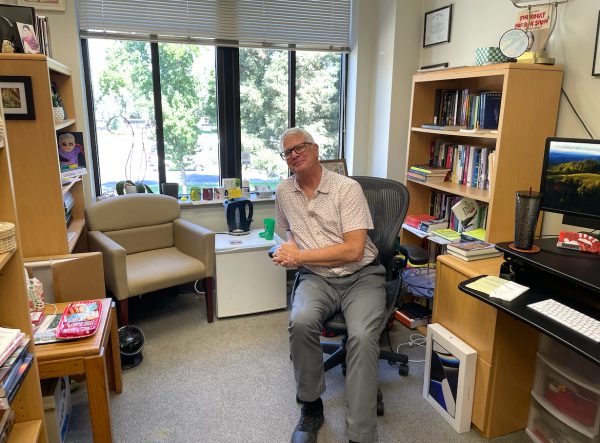
When asked about the current trends regarding book bans, Dr. Davis expressed that “the mechanism of the reduction has changed.” Books are not banned from being printed so much as access to certain books have been reduced. While one can go on Amazon and purchase the book, for example, what is available from place to place may be more limited.
This trend is evident in primary and secondary school libraries, particularly in more conservative locations such as the state of Florida, which notoriously challenged thousands of books. Since then, school districts have slowly but surely allowed some stories to make their way back to the shelves of school libraries.
Dr. Stephanie Paterson, an English Professor, shares a personal testimony as her sister is a school librarian in the state of Florida.
“It has turned her life upside down,” she says. “It’s like they’ve made her the police and she became a media specialist because she loves reading and sharing all different perspectives on things.”
Dr. Paterson expresses contempt for book bans and passionately supports accessibility to information, even mentioning James Moffett as one of her favorite educators. She shares that his book, Storm in the Mountains, is an “important chronicle of a banned book situation.”
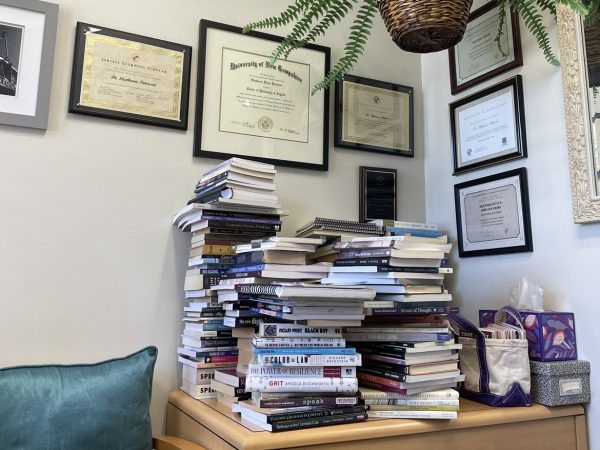
At the same time, she feels there is some merit to the concern the public may have over some of the topics that may not be developmentally age-appropriate for primary school libraries. Ultimately, she is confident there are middle ground solutions to address these concerns.
When communicating and navigating the middle ground in any fraught topic, there is a fear of choosing the wrong words, of being misunderstood, of being misrepresented or slandered.
As a university community, we have the opportunity to foster respectful and compassionate dialogue on such fraught issues. It is this communication that protects our freedoms and it is the outcomes of these conversations that shape our futures.
To learn more about banned and challenged books, check out the American Library Association, or engage with the community this week at the local independent bookstore, Bookish Modesto!


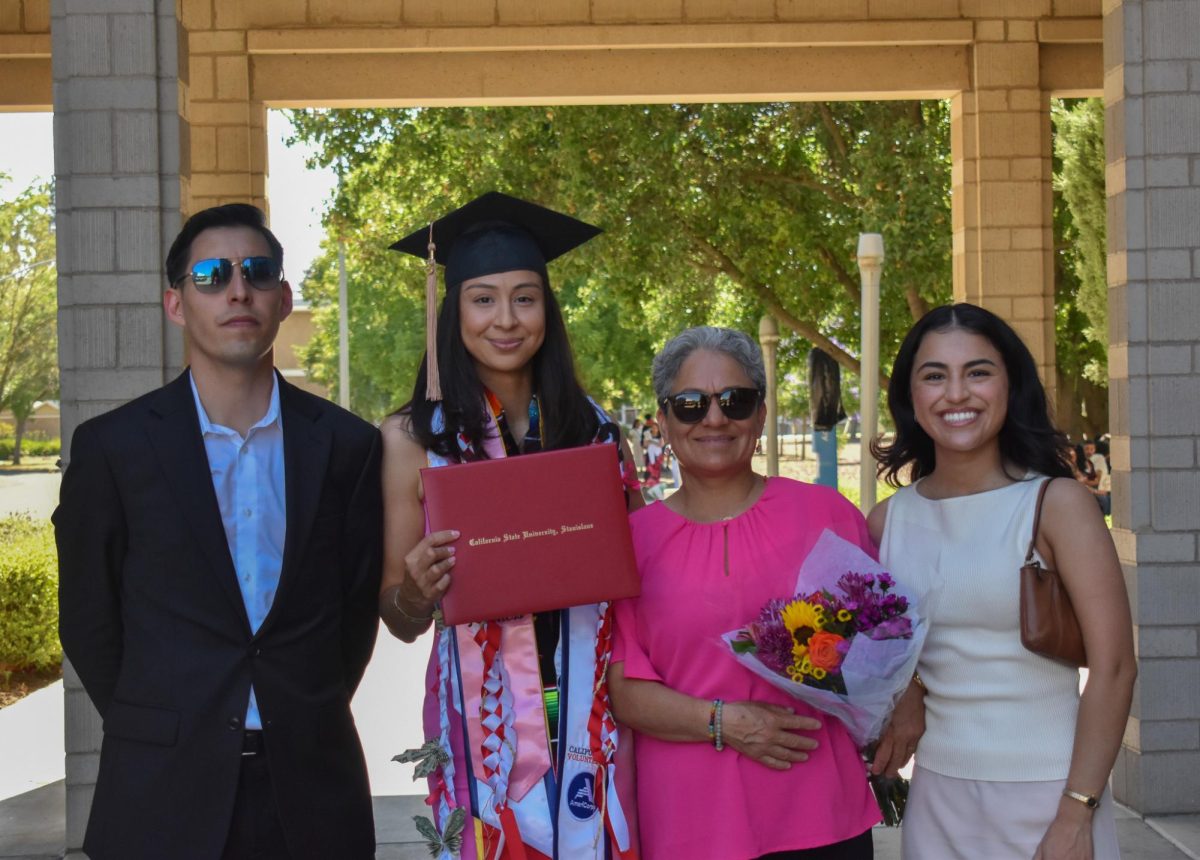
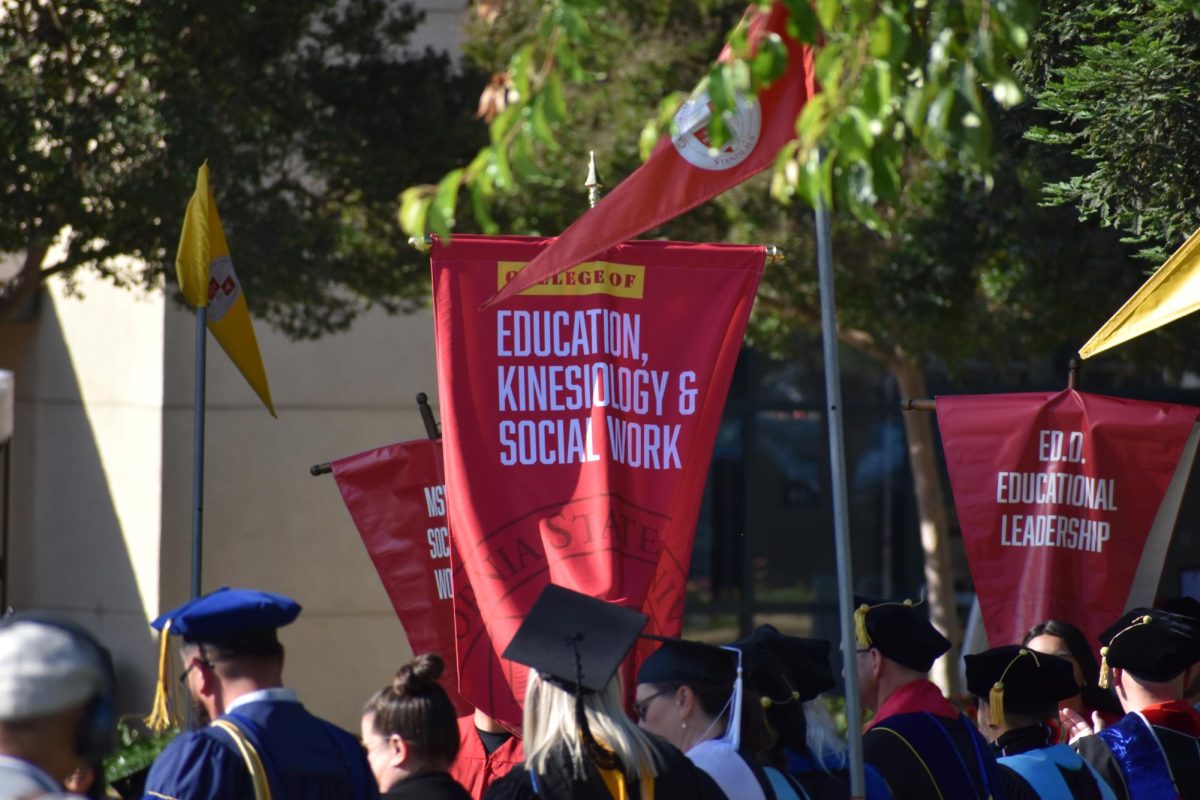

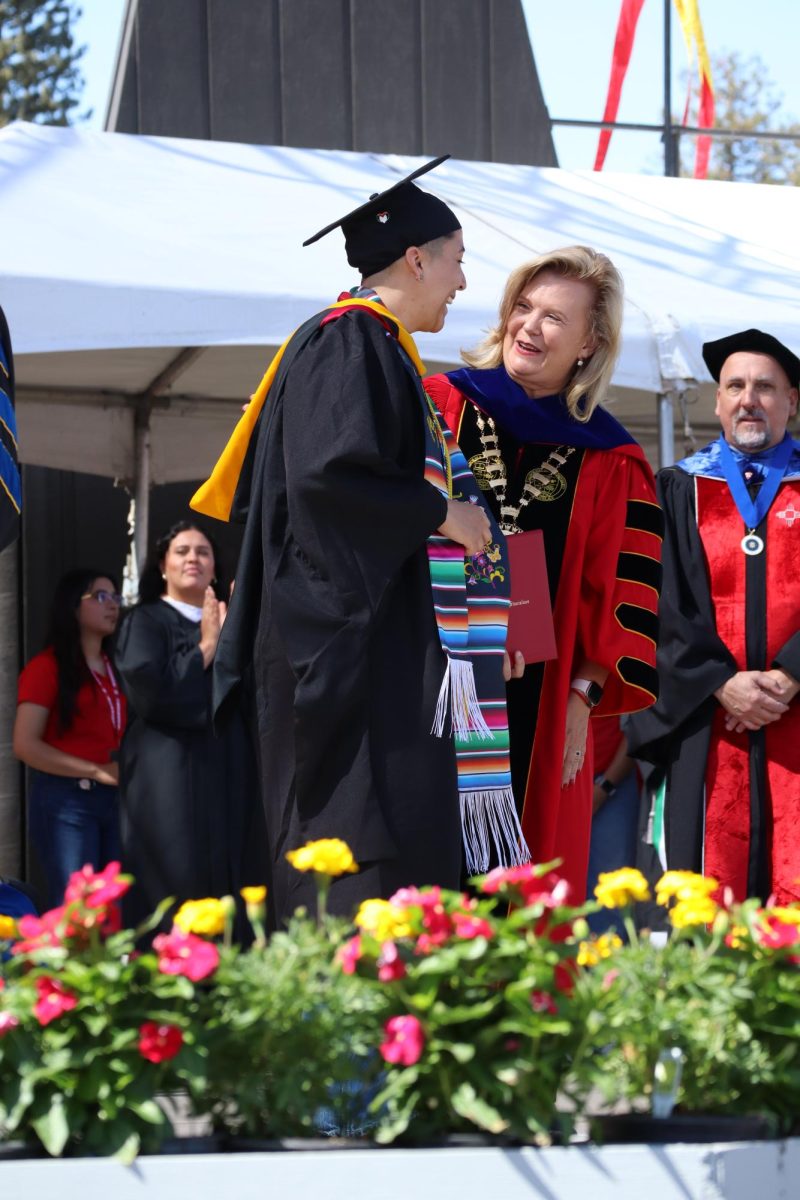
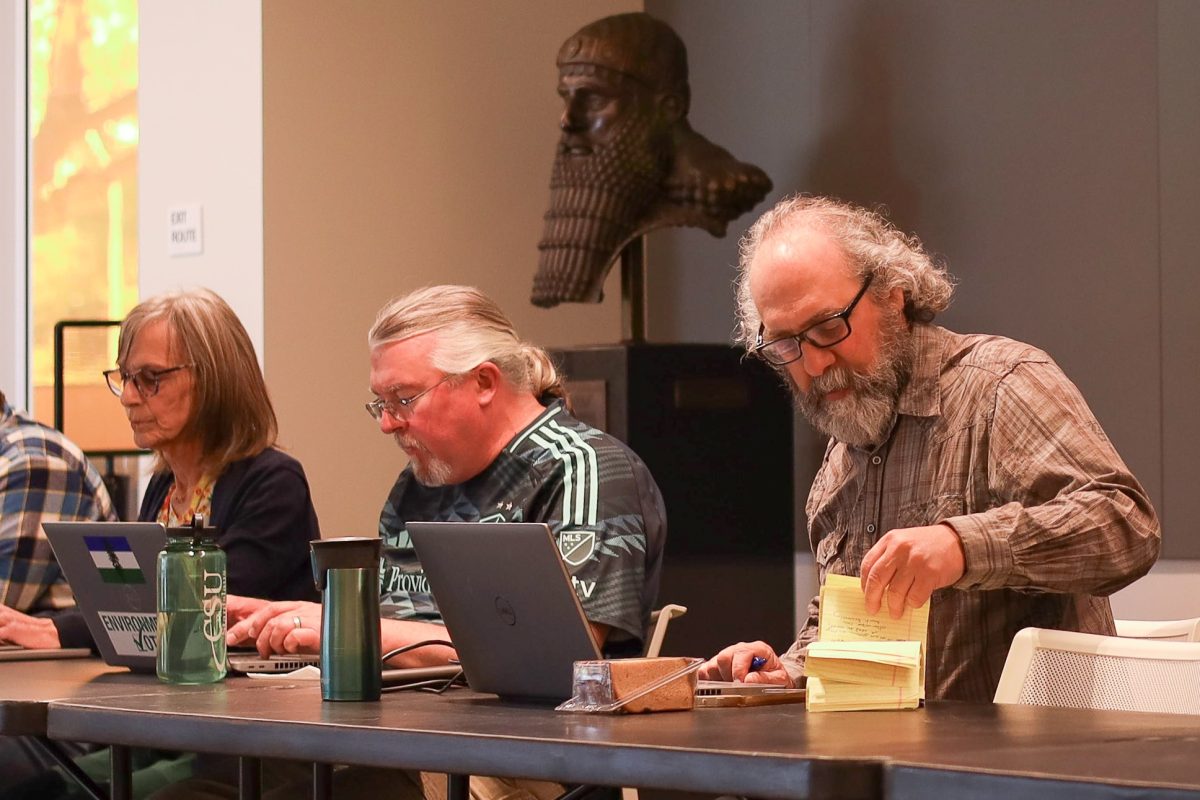
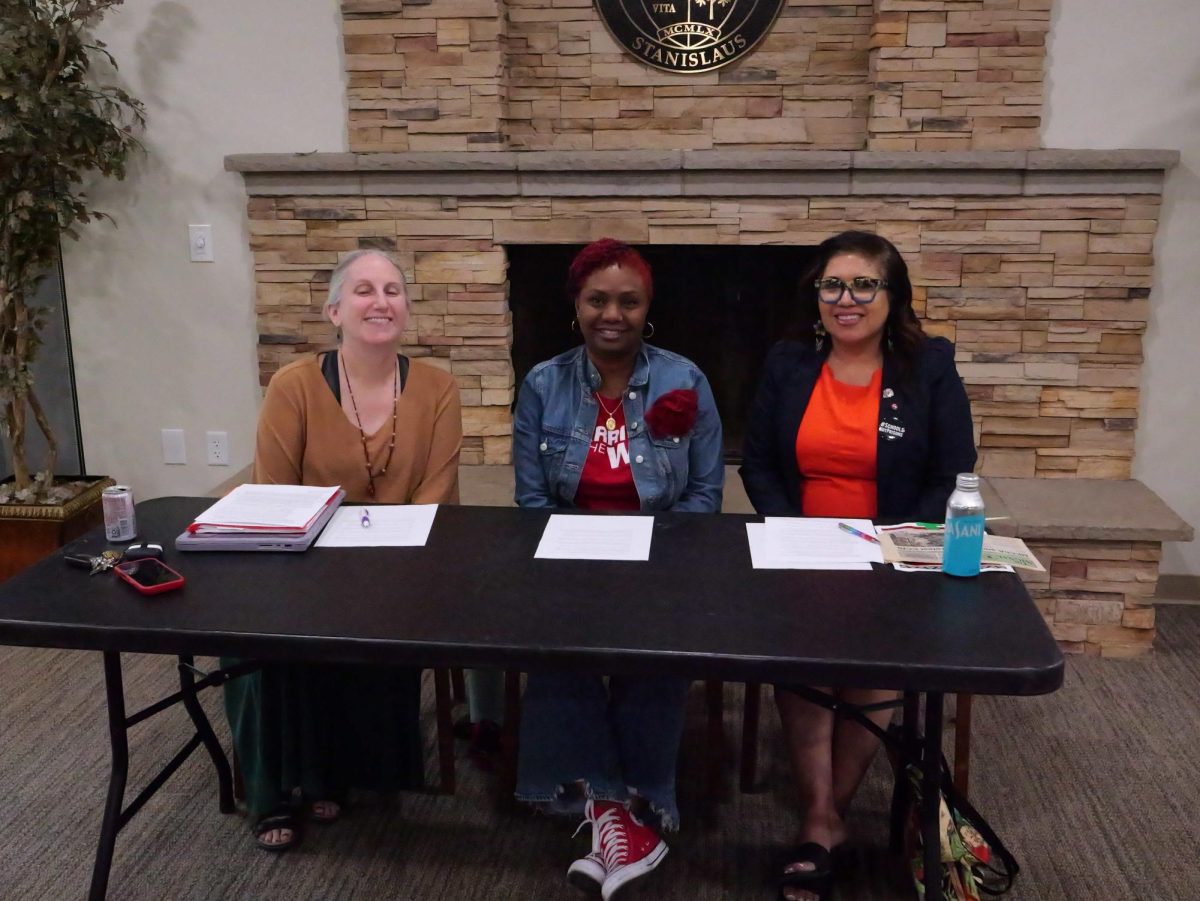
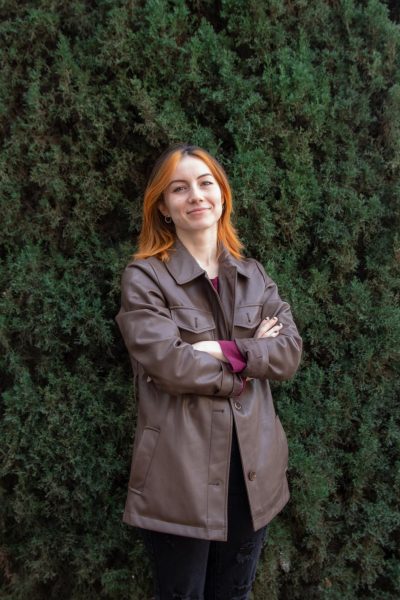
Angela • Oct 3, 2024 at 2:45 pm
I really appreciate the diversity of the article and how endowed the quotes that Professor Davis gives are as potent as his lectures on the importance of reading, and reading freedoms.